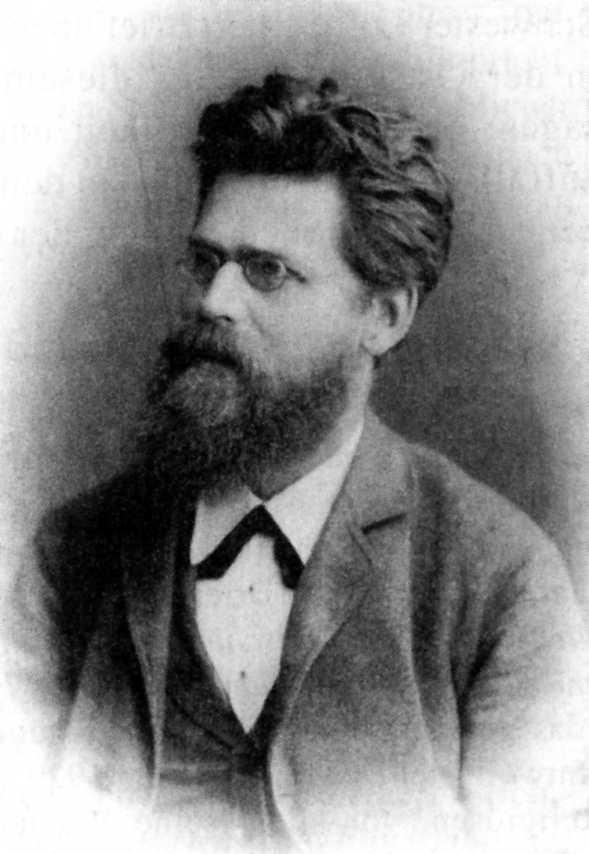|
Renatus Profuturus Frigeridus
Renatus Profuturus Frigeridus was a fifth-century historian. He wrote a historical work of twelve volumes. It exists today only in brief fragments, a few passages having survived in chapters eight and nine of the second book of Gregory of Tours Gregory of Tours (born ; 30 November – 17 November 594 AD) was a Gallo-Roman historian and Bishop of Tours during the Merovingian period and is known as the "father of French history". He was a prelate in the Merovingian kingdom, encom ...' ''Decem libri historiarum'' (Ten Books of Histories). Gregory likewise preserves some quoted material from the late fourth-century historian Sulpicius Alexander. References * Gregory of Tours: ''The History of the Franks''. Translated by Lewis Thorpe, Harmondsworth 1974. * Otto Seeck: ''Frigeridus 2''. In: ''Paulys Realencyclopädie der classischen Altertumswissenschaft'' (RE). Vol. VII,1, Stuttgart 1910, col. 102. {{DEFAULTSORT:Frigeridus, Renatus Profuturus 5th-century Romans 5th-ce ... [...More Info...] [...Related Items...] OR: [Wikipedia] [Google] [Baidu] |
Historian
A historian is a person who studies and writes about the past and is regarded as an authority on it. Historians are concerned with the continuous, methodical narrative and research of past events as relating to the human species; as well as the study of all history in time. Some historians are recognized by publications or training and experience.Herman, A. M. (1998). Occupational outlook handbook: 1998–99 edition. Indianapolis: JIST Works. Page 525. "Historian" became a professional occupation in the late nineteenth century as research universities were emerging in Germany and elsewhere. Objectivity Among historians Ancient historians In the 19th century, scholars used to study ancient Greek and Roman historians to see how generally reliable they were. In recent decades, however, scholars have focused more on the constructions, genres, and meanings that ancient historians sought to convey to their audiences. History is always written with contemporary concerns and ancient hist ... [...More Info...] [...Related Items...] OR: [Wikipedia] [Google] [Baidu] |
Gregory Of Tours
Gregory of Tours (born ; 30 November – 17 November 594 AD) was a Gallo-Roman historian and Bishop of Tours during the Merovingian period and is known as the "father of French history". He was a prelate in the Merovingian kingdom, encompassing Gaul's historic region. Gregory's most notable work is the ('Ten Books of Histories'), also known as the ('History of the Franks'). is considered a primary source for the study of Merovingian history and chronicles the accounts of the Franks during the period. Gregory is also known for documenting accounts of religious figures, notably that of Martin of Tours. Biography Gregory was born in Clermont, in the Auvergne region of central Gaul. He was born into the upper stratum of Gallo-Roman society as the son of Florentius, Senator of Clermont, by his wife Armentaria II, niece of Bishop Nicetius of Lyon and granddaughter of both Florentinus, Senator of Geneva, and Saint Gregory of Langres. Relatives of Gregory held the Bishopr ... [...More Info...] [...Related Items...] OR: [Wikipedia] [Google] [Baidu] |
Sulpicius Alexander
Sulpicius Alexander (fl. late fourth century) was a Roman historian of Germanic tribes. His work is lost, but his ''Historia'' in at least four books is quoted by Gregory of Tours. It was perhaps a continuation of the ''Res gestae'' by Ammianus Marcellinus (which ended in 378 AD) and dealt with events at least until the death of Valentinian II (392 AD). The work of Sulpicius Alexander as extracts in Gregory's ''Decem Libri Historiarum'' (II 9) is considered an important source in any discussion of the origin of the Frankish Frankish may refer to: * Franks, a Germanic tribe and their culture ** Frankish language or its modern descendants, Franconian languages, a group of Low Germanic languages also commonly referred to as "Frankish" varieties * Francia, a post-Roman ... tribes. References 4th-century writers in Latin 4th-century historians Classical ethnography Latin historians {{AncientRome-bio-stub ... [...More Info...] [...Related Items...] OR: [Wikipedia] [Google] [Baidu] |
Otto Seeck
Otto Karl Seeck (2 February 1850 – 29 June 1921) was a German classical historian who is perhaps best known for his work on the decline of the ancient world. He was born in Riga. Life and career He first began studying chemistry at the University of Dorpat but transferred to the University of Berlin to study classical history under Theodor Mommsen. Seeck earned his doctorate from the University of Berlin in 1872 after writing his thesis on the '' Notitia Dignitatum'', a document enumerating the roles and responsibilities of administrative officials of the later Roman Empire c. 400 AD. He habilitated under Mommsen in Berlin in 1877 and, with the help of Mommsen, secured a post at the University of Greifswald in 1881, where he taught Roman History and Archaeology. There he met Karl Julius Beloch. In 1907 he went to the University of Münster where he continued teaching and writing. Seeck wrote many influential works on late antiquity Late antiquity marks the period th ... [...More Info...] [...Related Items...] OR: [Wikipedia] [Google] [Baidu] |
5th-century Romans
The 5th century is the time period from AD 401 (represented by the Roman numerals CDI) through AD 500 (D) in accordance with the Julian calendar. The 5th century is noted for being a period of migration and political instability throughout Eurasia. It saw the collapse of the Western Roman Empire, which came to a formal end in 476 AD. This empire had been ruled by a succession of weak emperors, with the real political might being increasingly concentrated among military leaders. Internal instability allowed a Visigoth army to reach and ransack Rome in 410. Some recovery took place during the following decades, but the Western Empire received another serious blow when a second foreign group, the Vandals, occupied Carthage, capital of an extremely important province in Africa. Attempts to retake the province were interrupted by the invasion of the Huns under Attila. After Attila's defeat, both Eastern and Western empires joined forces for a final assault on Vandal North Africa, but ... [...More Info...] [...Related Items...] OR: [Wikipedia] [Google] [Baidu] |


